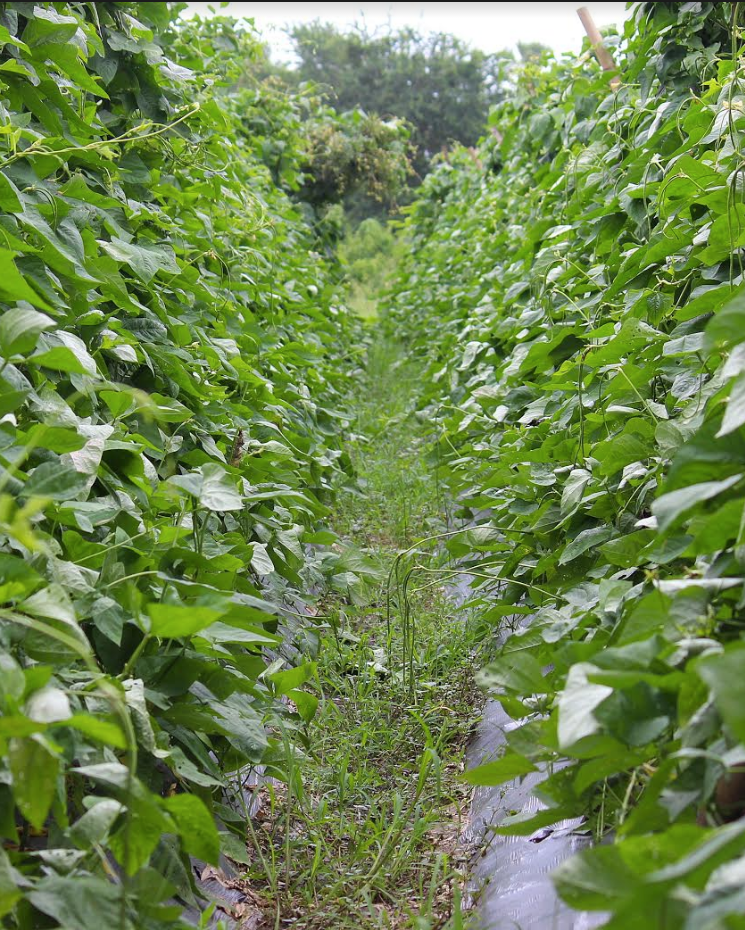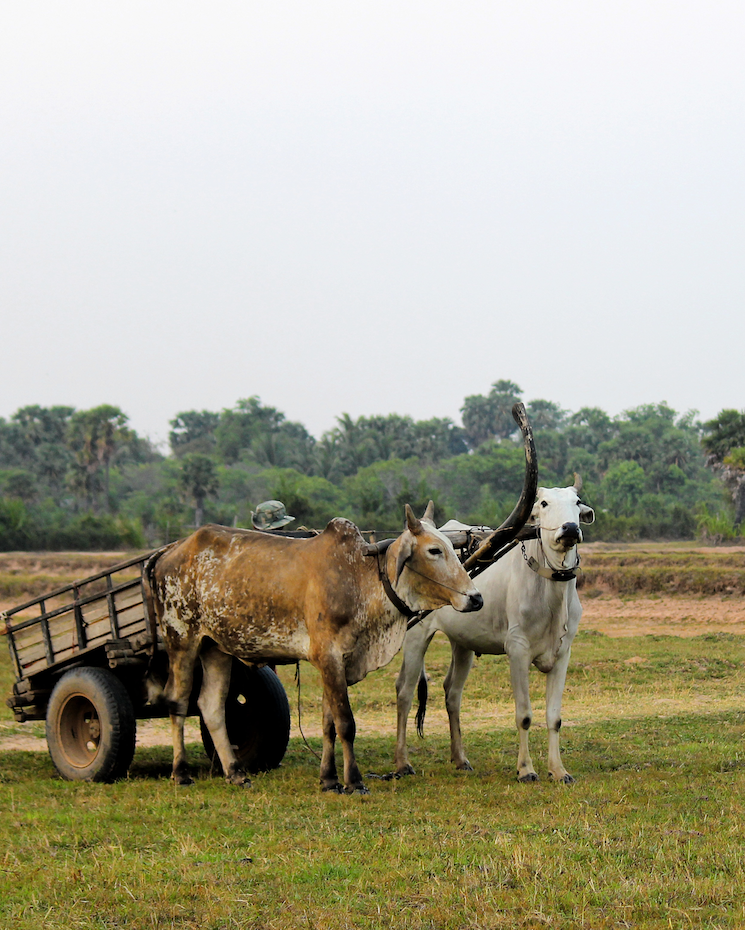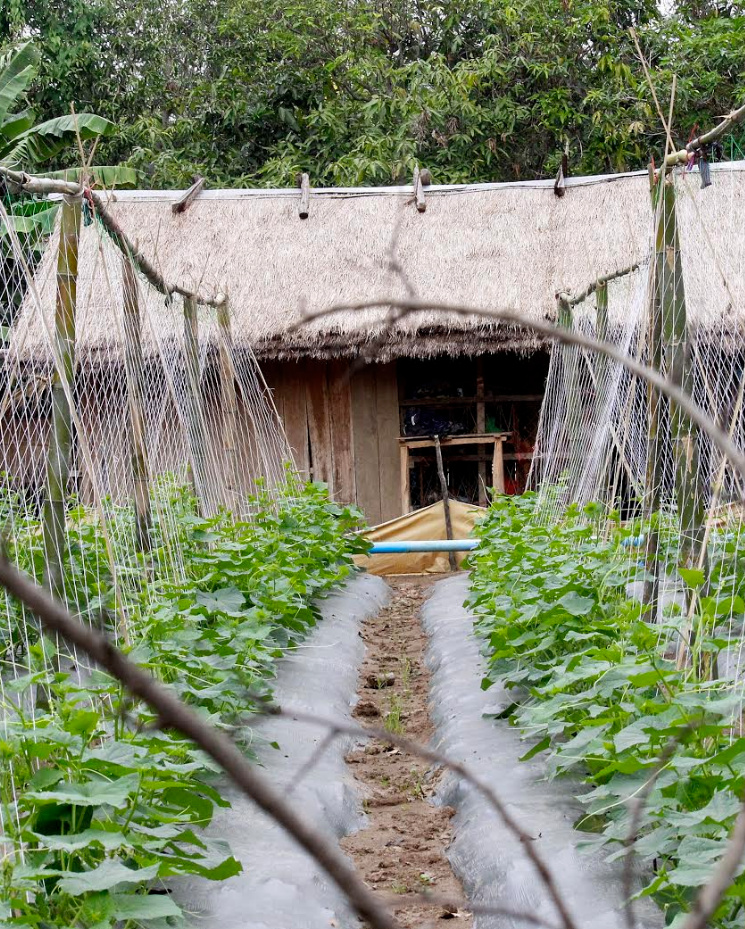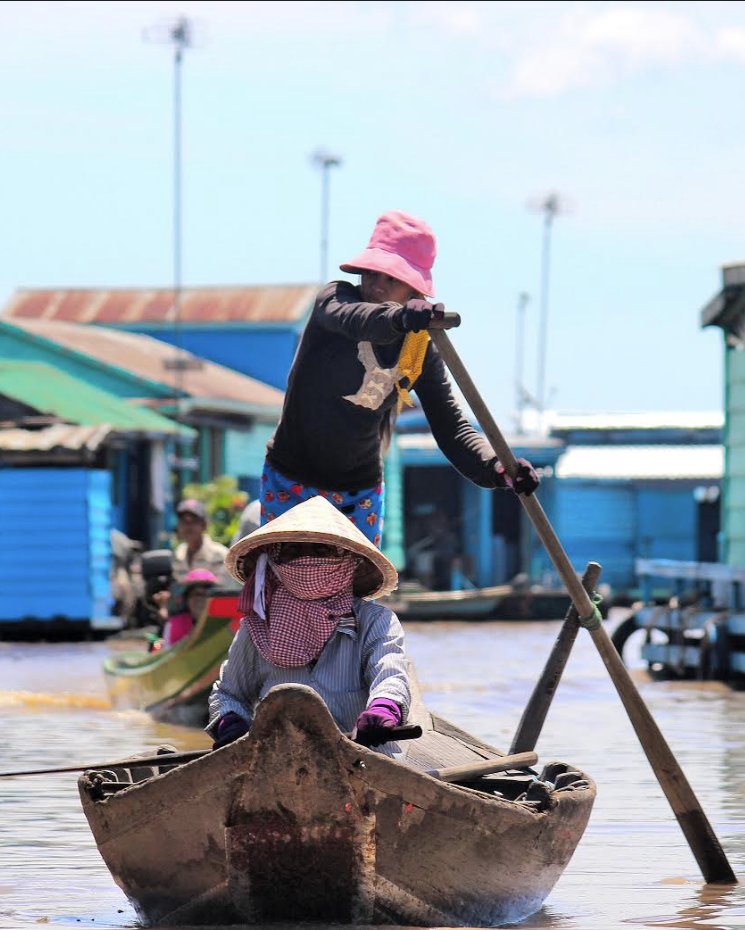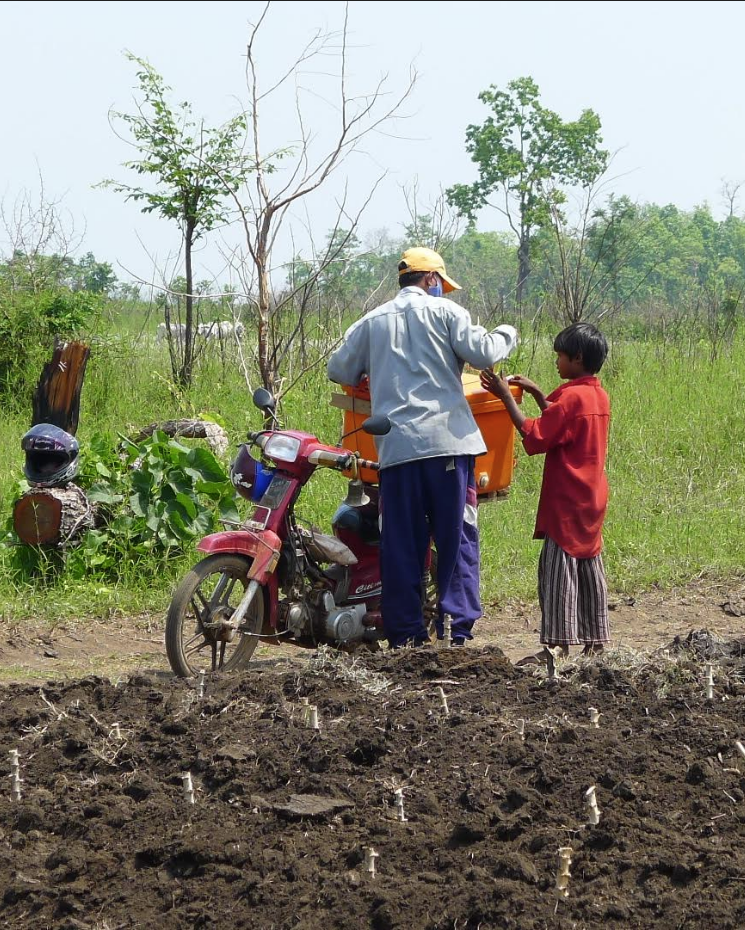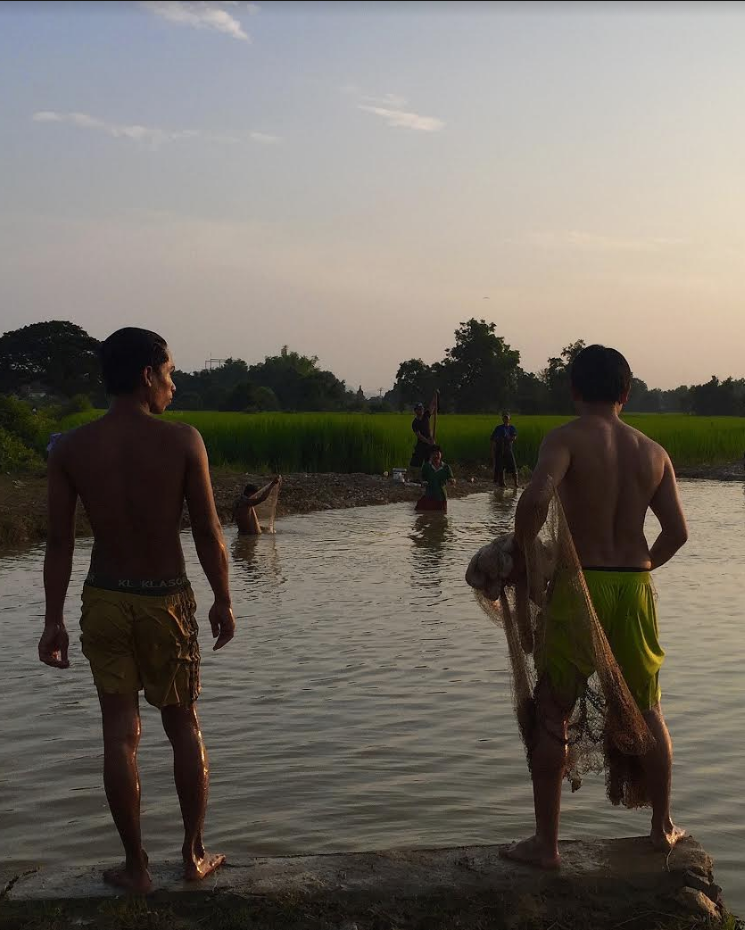
A food system is the journey that food takes from production to consumption. It includes growing, harvesting, processing, packaging, transporting, consuming, and disposing of food.
Across Asia there is a diversity of food systems. They represent the largest employers of both urban and rural populations, and are important contributors to economic sufficiency and sustainability. Yet in recent years, local food systems in Asia have come under threat on a number of fronts.
Rural lands, which are home to the millions of small-scale food producers who produce most of the food we eat, are being seized and converted for industry, infrastructure and other investment projects. Land and natural resource grabbing are causing mass displacement of rural communities and indigenous peoples, eroding traditional ways of life, and destroying our natural environment.
Large food and agricultural businesses are increasingly dominating and controlling seeds, food production, processing, markets, and consumption, posing threats to peoples’ livelihoods, biodiversity, human and animal health, and the variety and nutrition of foods we eat.
Meanwhile, the working conditions of labourers in the food industry, both in the formal and informal sectors, are greatly deteriorating, with modern-day slavery and trafficking having become an alarming aspect of our food supply chains.
But across Asia, people are coming together to fight these threats and defend small-scale, sustainable food production, whether by fighting against corporations who have grabbed their lands, or by practicing and teaching ecological agriculture.
This exhibition aims to show the importance of nature as a source of food and life, local food cultures and traditions, and peoples’ struggles to protect and promote sustainable and traditional food systems. (Photos by Ridan Sun)
Without land, how can seeds yield their roots to flourish?
Without land, what will be the storage of warmth from the sun?
Without land, what will absorb the pure raindrop to nurture lives?
———————————————–
Land is the essential foundation of life and food systems.
Land is the essential foundation of food security and sovereignty
The struggle for land rights and to control our food system is crucial.
Written by Southern Peasant Federation of Thailand.
Four of its members have been killed since its establishment in 2008
Local and traditional food production and access
Small-scale food producers – farmers, peasants, and fisherfolk – and workers produce majority of the world’s food. Despite this, there is very little recognition of their important role in feeding Asia’s growing population with local varieties of nutritious foods, nor how they protect our forests, rivers, land, seeds, and biodiversity.
Click on the thumbnails to launch the slideshow with captions
Capture of land and resources
As governments in the region focus on economic growth through investment and extractive industry, land and natural resources are increasingly being granted to private and state-owned entities, and converted for industrial agriculture, energy projects, tourism, infrastructure and other large-scale projects.
In the Mekong region, the expansion of large-scale agribusiness has been facilitated by regional trade and investment agreements, and has a direct effect on local people’s access to land. In many cases, governments have confiscated agricultural lands from small-scale farmers and handed it to foreign and domestic agribusiness companies, through long-term land leases for large-scale agriculture and processing zones.
Click on the thumbnails to launch the slideshow with captions
Food Workers
Small-scale food producers are central to our food systems, but low profits, increasing debt, land grabbing, and extreme weather events are making it more difficult for them to make a decent living. This is leading to greater migration from rural areas to urban areas or to neighbouring countries to find better chances of work.
Click on the thumbnails to launch the slideshow with captions
Struggles and resistance
Across Asia, communities are coming together to fight against the capture of their land and natural resources, resist corporate control over our food systems, bring autonomy and dignity back to small-scale sustainable food producers, and build food systems that are responsive to climate change.
Many communities have embraced Food Sovereignty, a movement and paradigm that represents the right of peoples to define their own food and agriculture systems, and to healthy and culturally appropriate food produced through ecologically sound and sustainable methods.
Click on the thumbnails to launch the slideshow with captions
